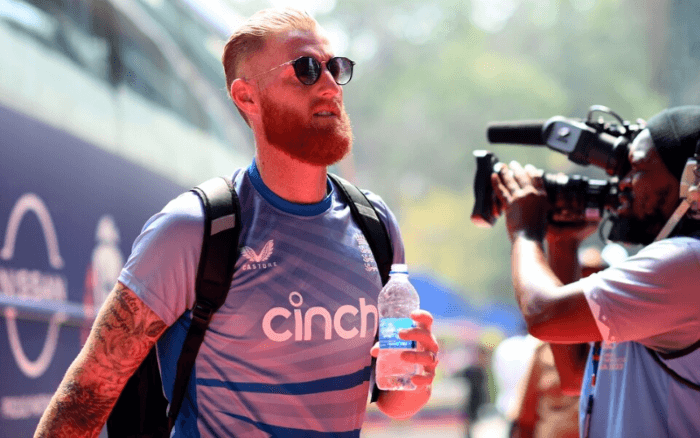- Ben Stokes has rejected a multi-year contract from the ECB, creating uncertainty about his future in international cricket.
- This decision may lead to a leadership gap in the England cricket team, with potential successors being considered.
- Stokes’s choice highlights the need for more attractive contract offers for players as the cricket landscape evolves.
England’s Test captain, Ben Stokes, has declined a multi-year central contract with the England and Wales Cricket Board (ECB), sparking concerns about his participation in the upcoming Ashes series. This decision is part of a broader trend as several players have chosen to sign shorter-term contracts with the ECB due to the allure of the Indian Premier League (IPL).
Stokes was offered a three-year central contract as part of the ECB’s strategy to secure players for multiple years. However, the star all-rounder opted for just a one-year extension, raising questions about his commitment to the international side after the next summer season. This uncertainty could be a significant setback for English cricket.
Stokes, who has played a pivotal role in revitalizing the England Test team since taking up the captaincy last year, is keeping his options open to gauge how the cricket landscape evolves in the next 12 months. As one of the most prominent cricketers in the world, Stokes is an attractive prospect for potential multi-team franchise deals.
If Stokes chooses not to sign a contract next year, either retiring from international cricket or playing for England only on a freelance basis alongside his franchise commitments, it would create a leadership void in the side. England’s Test vice-captain is Ollie Pope. Zak Crawley, who had an impressive Ashes campaign this summer, led England in a recent ODI series against Ireland to gain leadership experience. Both are considered prime candidates to succeed Stokes eventually.
Stokes’ decision to reject a longer-term deal sends a signal that, despite the ECB’s contract system overhaul, it may not be sufficient for some players. Several other players have also opted for two-year contracts instead of the offered three-year deals, but Stokes seems to be the only player offered a three-year contract who chose to commit for just one more year.
All England cricketers already have the option to participate in the IPL. Stokes represented the Chennai Super Kings in the IPL, which also has teams in South Africa (the Joburg Super Kings) and the United States (the Texas Super Kings). Signing Stokes to a multi-team contract could provide these franchises with the flexibility to utilize his skills in various competitions.
After the recent Ashes series, where England managed to draw 2-2, Stokes expressed his intentions to lead England in their bid to regain the urn in Australia in 2025-26, when he will be 34 years old.
In total, England has offered central contracts to 26 players, and all have accepted deals of various lengths, even if not in the initially offered form. Mark Wood, who had considered his future in August, accepted a three-year contract along with Harry Brook.
The contracts also include provisions for young fast bowlers, with players like Gus Atkinson and Brydon Carse signing two-year contracts. Development contracts have been extended to the pace bowling trio, including Matthew Fisher, Saqib Mahmood, and John Turner.
David Willey is the only member of England’s squad in the ongoing World Cup who did not receive a contract. James Anderson signed a one-year contract, as previously reported, and Ben Foakes also secured a contract.
Rob Key, the managing director of England Men’s Cricket, said, “We are rewarding those players who we expect to make a significant impact over the coming years playing for England. It is great news and a credit to the players for demonstrating their commitment to English cricket in the ever-changing landscape of the sport.“
